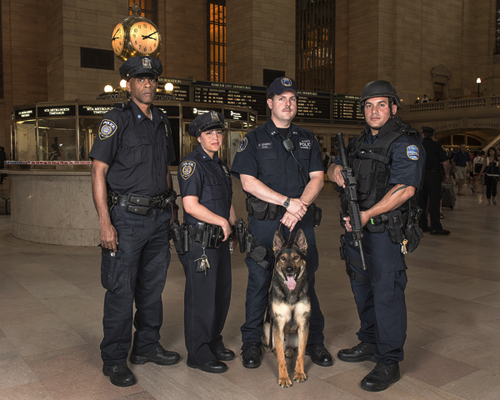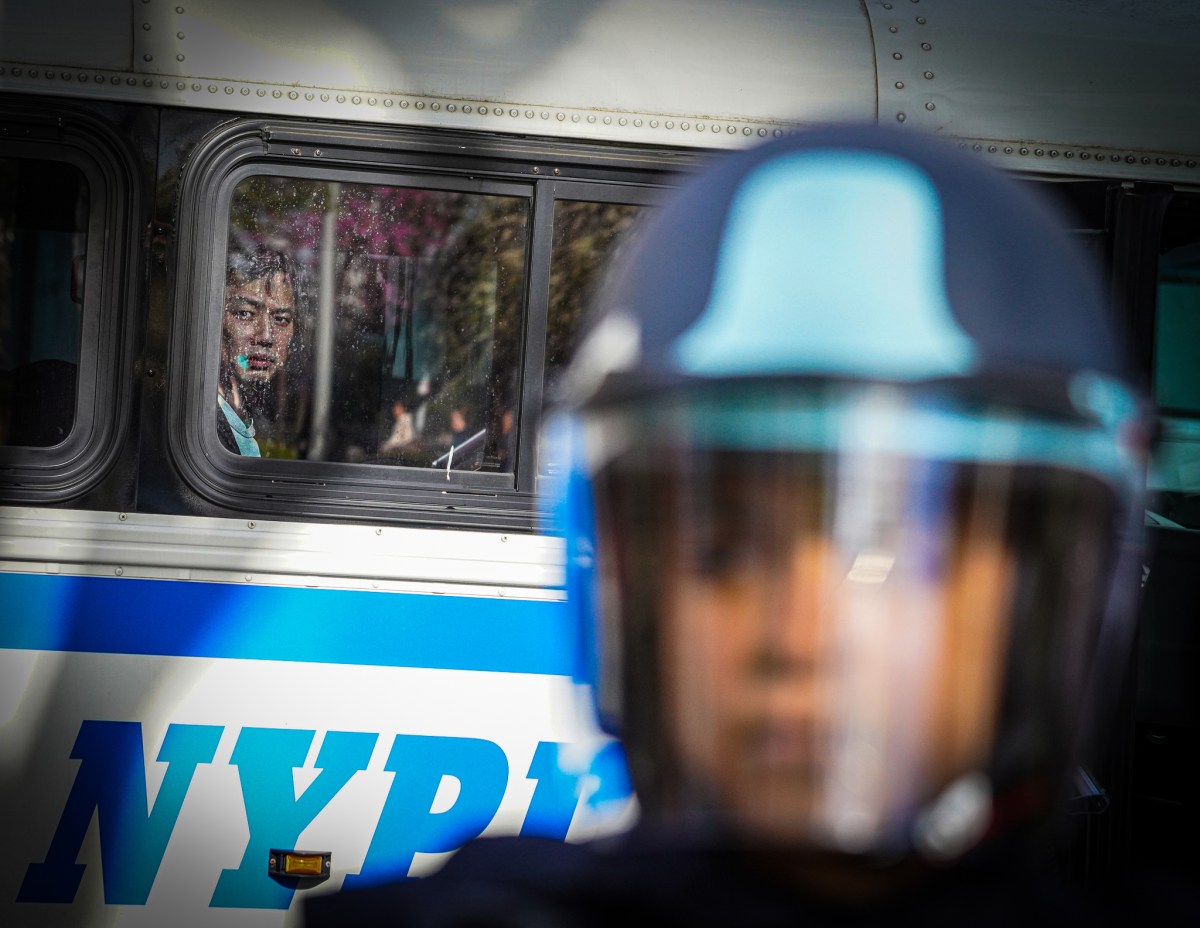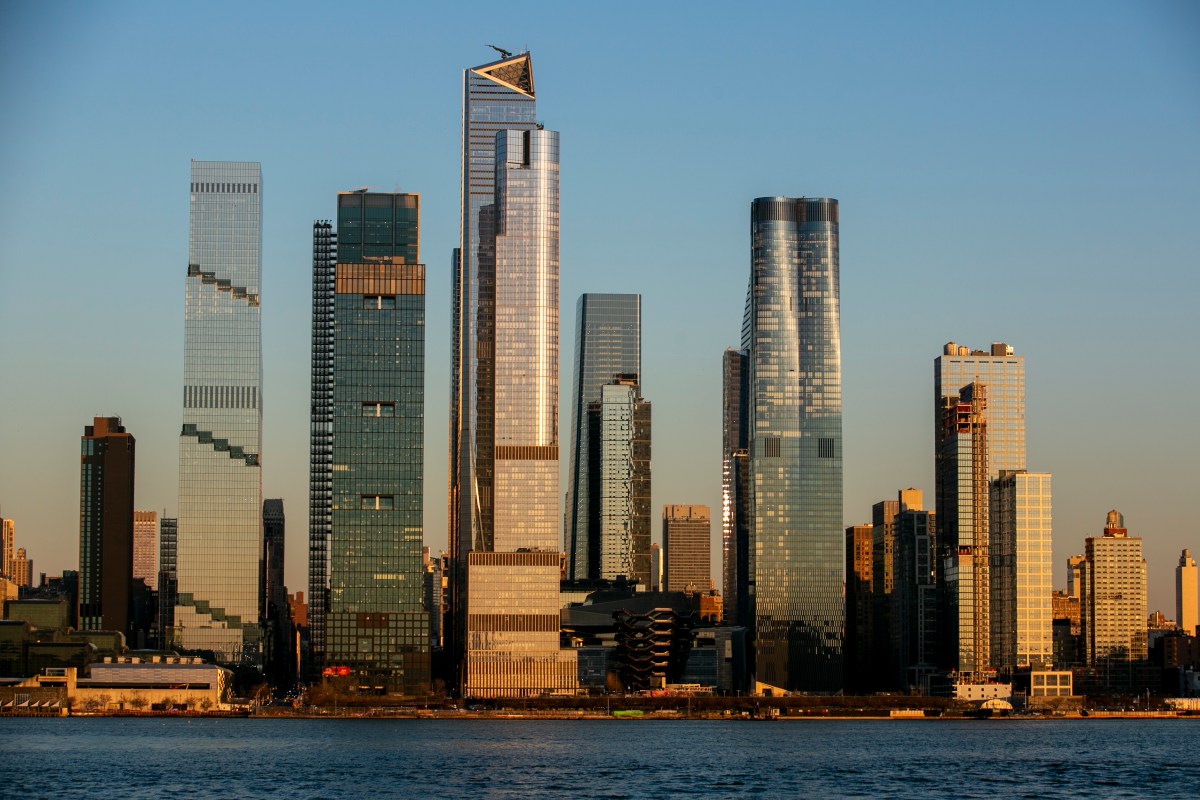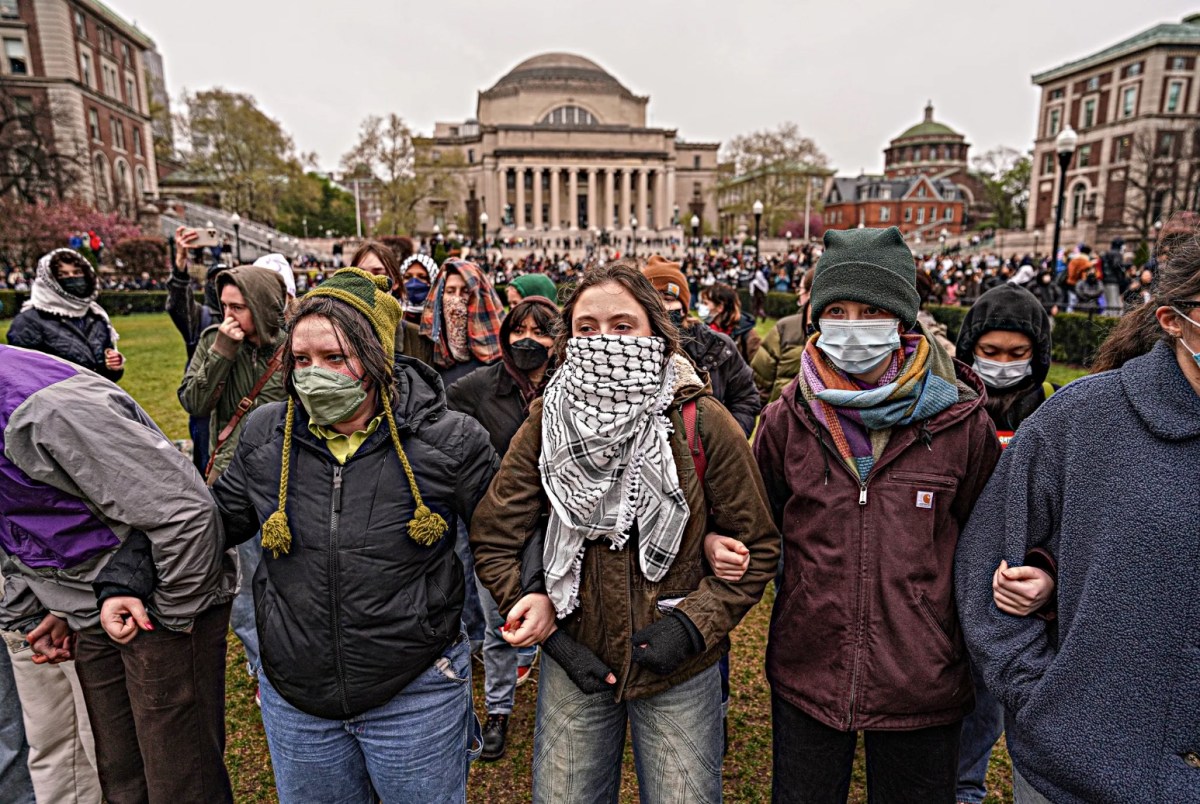The MTA board is mulling a ban on repeat criminal offenders riding New York City subways and buses.
On Monday, NYC’s transit board members voted in favor of banning criminals, including sex offenders, theives, and other felons from using the transit system, at least for a pocket of time.
Gov. Andrew Cuomo also voiced his support for this resolution. The State of New York is expected to vote on the resolution during a meeting on Wednesday.
“I am fully supportive of the resolution, passed [Monday] by the MTA’s transit and bus committee, to take action against serial offenders including banning them from the system,” Cuomo told SiLive.com. “This is a common sense issue, and the New York State Legislature and criminal justice system have a responsibility to work with the MTA to ensure these perpetrators who repeatedly target victims on our subways and buses, cannot continue this abhorrent behavior.”
Police officials consider someone a transit recidivist if the person has been arrested twice or more in the transit system for a felony or sex crime.
“These are people who’ve made a career out of victimizing our ridership,” New York Police Department’s chief of transit, Edward Delatorre told the Wall Street Journal on Monday.
The MTA’s Transit Recidivism Report showed 67 transit recidivist arrests in the first quarter of 2019, which mirrored statistics from 2018. These numbers included 44 felony arrests for robbery, grand larceny, assault or stalking, as well as 23 sex-offense arrests.
While the resolution has support from many powerful voices, the measure does not have any clearcut language as to what the perameters of the ban would include, or how enforcement would go into action. This lead to questions about potential privacy issues, civil rights violations, and the overall question of how many police officers would be needed in order to enforce a presently nebulous law.
“This proposal will disproportionately impact black and brown men who have been profiled by police, and it will further marginalize them for life from access to jobs, government services, educational opportunities, and treatment programs,” Legal Aid Society Attorney Tina Luongo told the Wall Street Journal.



















